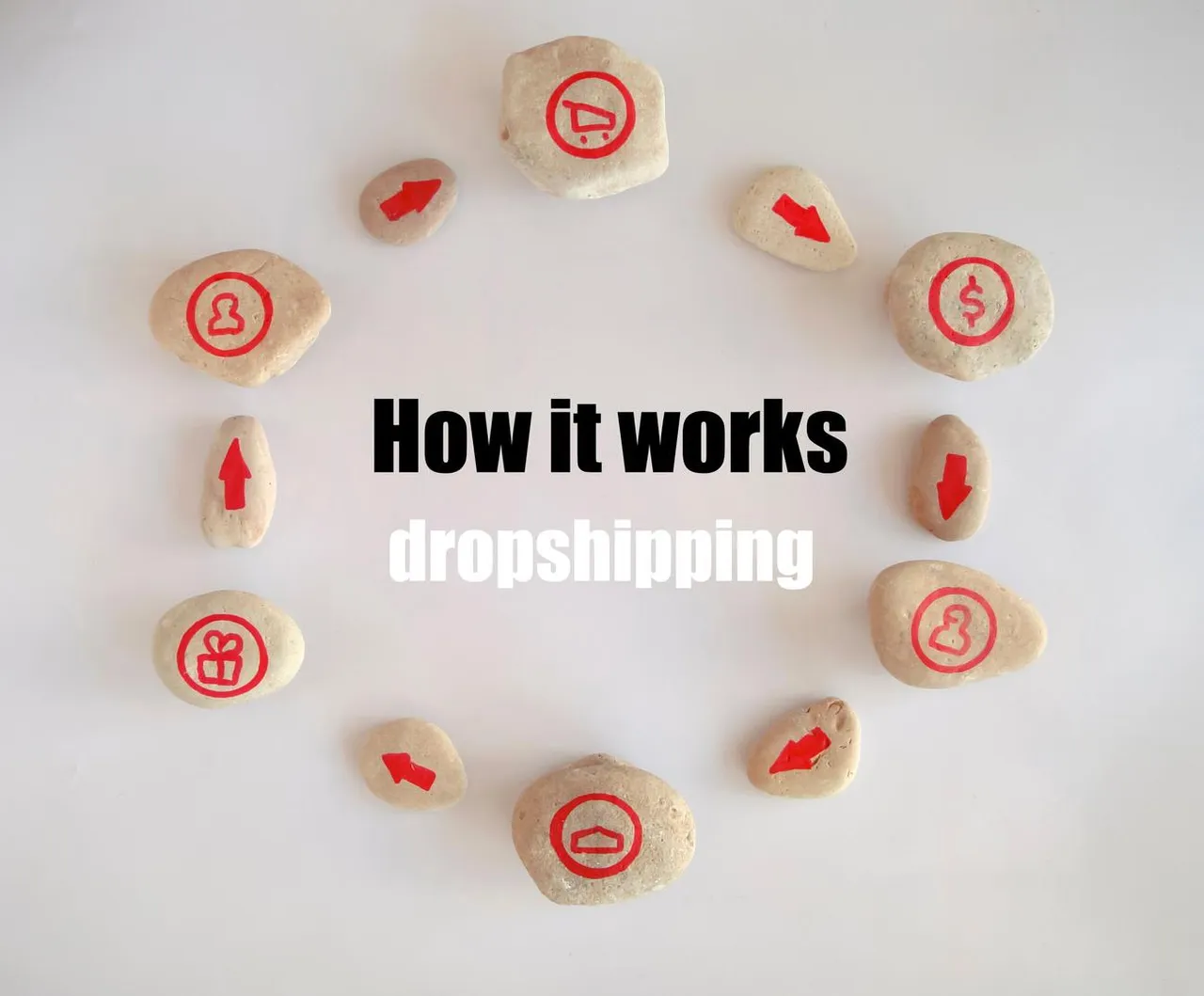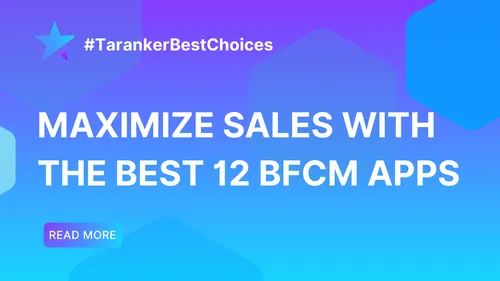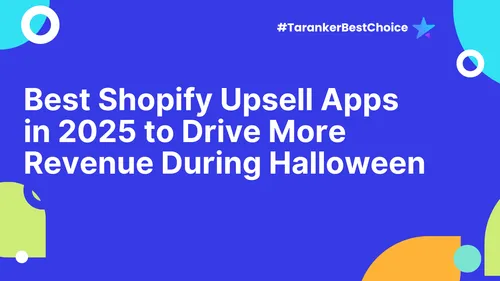What is Dropshipping? A Complete Guide for Beginners

In the world of e-commerce, dropshipping has become one of the most popular and accessible business models. But what exactly is dropshipping? In simple terms, dropshipping is a retail fulfillment method where the seller doesn't hold any inventory. Instead, the seller partners with a supplier who stores and ships products directly to the customer. This allows businesses to operate without needing to invest in stock upfront or worry about managing inventory.
Why is Dropshipping So Popular?
The appeal of dropshipping lies in its simplicity and low upfront costs. For new entrepreneurs, it’s an ideal way to start an online business without the hassle of warehousing or logistics. With minimal capital, anyone can launch a dropshipping store and start selling products worldwide. All that’s needed is a website or e-commerce platform and a reliable supplier.

Additionally, dropshipping allows for flexibility and scalability. Since sellers don’t need to manage stock, they can offer a wide range of products from multiple suppliers, test different markets, and adjust their product offerings without significant risk.
For more detailed insights on digital marketing strategies that can help you grow your dropshipping business, check out our complete guide to digital marketing for businesses. Additionally, staying on top of the latest trends is key to staying competitive. Explore the top digital marketing trends in 2025.
How Does Dropshipping Work?

The dropshipping process can be broken down into these key steps:
-
Choosing a Niche and Finding Suppliers:
Start by selecting a profitable niche—something you're passionate about or see market potential in. Afterward, find reputable suppliers who offer dropshipping services, such as AliExpress, SaleHoo, or Oberlo. -
Setting Up an Online Store:
Create your e-commerce website using platforms like Shopify, WooCommerce, or BigCommerce. Customize your store to reflect your brand, upload product listings, and start attracting customers. -
Receiving Orders and Forwarding to Suppliers:
When a customer places an order on your website, you forward the order details to your supplier. The supplier will then pack and ship the item directly to your customer. -
Profit from the Price Markup:
You earn a profit by setting your product price higher than the supplier’s price. For example, if the supplier charges $10 for an item, you can list it for $20 on your website, keeping the $10 difference as profit.
Advantages of Dropshipping

Dropshipping offers a range of benefits, particularly for new entrepreneurs:
1. Low Startup Costs:
You don’t need to invest in inventory upfront, reducing the financial risk of starting a business.
2. No Need for Warehousing:
Without the need for storage space, you eliminate costs related to warehousing and stock management.
3. Flexibility:
You can run a dropshipping business from anywhere in the world as long as you have an internet connection. It offers the flexibility to operate remotely and manage multiple suppliers.
4. Wide Product Selection:
Since you're not limited by physical inventory, you can offer a vast product range from various suppliers. This allows you to test different product categories and adjust your offerings based on demand.
Challenges in Dropshipping

Although dropshipping has many advantages, it also comes with challenges:
1. Thin Profit Margins:
Since dropshipping is highly competitive, many sellers price their products aggressively, leading to lower margins. You’ll need a strong marketing strategy to stand out.
2. Supplier Issues:
Relying on third-party suppliers means you have less control over product quality, shipping times, and inventory levels. Supplier mistakes, such as shipping delays or stock shortages, can affect your customer satisfaction.
3. Customer Service:
Because you’re not handling the products directly, resolving issues like returns or damaged items can be tricky. Good communication with your supplier is crucial to ensure smooth operations.
How to Succeed in Dropshipping

To succeed in the competitive dropshipping industry, consider these tips:
-
Choose a niche that has demand but isn't overly saturated. Focus on high-quality, unique products.
-
Partner with reliable suppliers who offer good customer service and fast shipping times.
-
Invest in digital marketing to drive traffic to your store, using strategies like SEO, Google Ads, and social media marketing.
-
Offer excellent customer support to build trust and loyalty among your customers.
The Future of Dropshipping

With the growth of e-commerce, dropshipping is expected to continue expanding in the coming years. The rise of automated tools and platforms designed to streamline the process makes dropshipping more accessible than ever. Entrepreneurs who can leverage these technologies and focus on offering value to their customers will find long-term success in this business model.
Conclusion: Why Dropshipping is a Great Opportunity for Entrepreneurs

Conclusion
In conclusion, dropshipping is an excellent option for anyone looking to start an e-commerce business with low overhead and minimal risk. By leveraging the power of online platforms and partnering with trustworthy suppliers, you can build a successful dropshipping store that offers flexibility, scalability, and the potential for significant profit. Whether you're new to e-commerce or a seasoned seller, dropshipping provides a low-risk way to explore new markets and grow your business.













